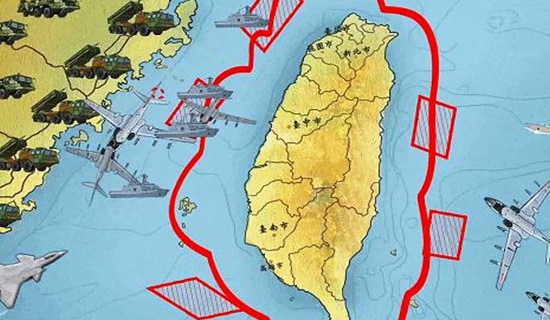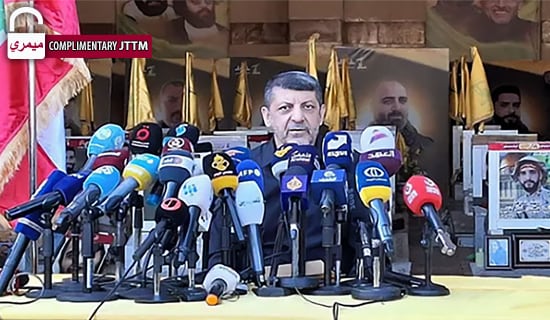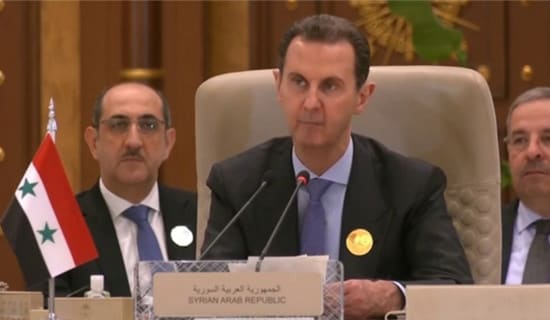A joint statement, issued following the October 16, 2020 meeting in Ankara between the President of Ukraine Volodymyr Zelensky and the President of Turkey Recep Tayyip Erdogan, contained the following passage: " We agree to continue our efforts towards de-occupation of the Autonomous Republic of Crimea and the city of Sevastopol, as well as restoration of Ukraine's control over certain areas in Donetsk and Luhansk regions of Ukraine."[1]
The declaration did not worry some Russian officials. Senator Alexei Pushkov dismissed the declaration as mere verbiage on his Telegram channel. "For Erdogan, Ukraine is just another card in his regional poker and complex system of relations with Europe, the United States and Russia. Erdogan will "turn on" the partnership when it suits him and forget about it when there is no need for it. And it will not help Kiev "return Crimea" either: Erdogan is ambitious, but he is a realist in politics, he knows that this is impossible, and therefore things will not go beyond declarations.[2]
Moskovski Komsomolets' lead columnist Mikhail Rostovsky believes that Erdogan should be taken far more seriously. Turkey has persistently labored to build its influence in the former Soviet Republics, and while temporarily supporting Ukraine over Crimea, it wants the area for itself. Turkey is also making inroads in the territories of the Russian Federation itself. The article gently criticizes Russia's policy towards Turkey.
Rostovsky's analysis titled "Crimea Is [Part of] Turkey: Why Erdogan Attacks Russia" follows below:[3]
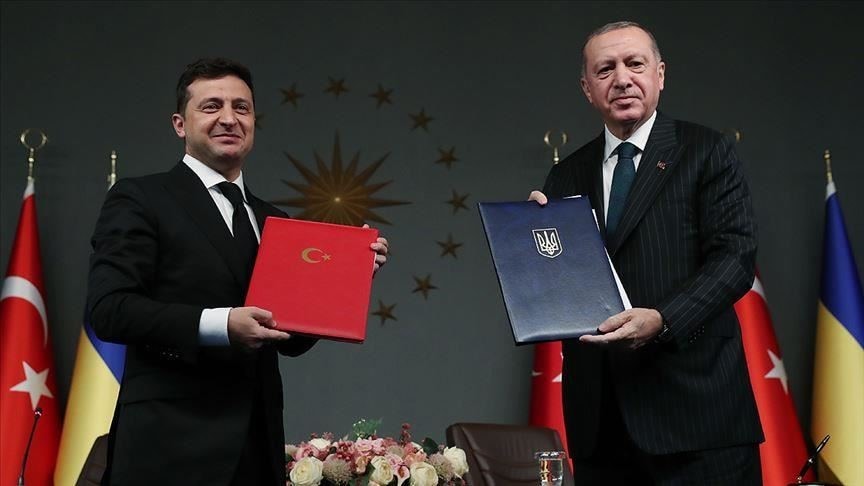
Meeting between President Zelensky of Ukraine and Turkish President Erdogan in Ankara (Source: Aa.com.tr)
"True friends exist. Phony friends exist as well. And there are 'friends' of the type that that current president of Turkey serves as a prominent example. Recep Erdogan has just announced that Ankara refuses to recognize Crimea as [part of] Russia. There is nothing really new in this statement. What is really new is that Erdogan's Crimean declaration was sounded precisely at the moment that Turkey managed to make an unprecedented breakthrough into the political space, which was always considered to be a zone of Moscow's exclusive responsibility. And this lent Ankara's aggressive statements an additionally sinister tone.
"Turkey views Ukraine as a key country in terms of ensuring the stability and security of our region. Therefore, we have always supported and will continue to support the territorial integrity and sovereignty of Ukraine.' - Erdogan proclaimed at a joint press conference with Volodymyr Zelensky and was being only 50 percent deceitful. How can I be so accurate in my assessments? – this is how. Erdogan definitely does not consider Crimea to be Russian [territory]. But at the same time, he does not consider Crimea to be Ukrainian either. In Erdogan's eyes, Crimea is a territory that was unjustly seized by Russia in 1783 from the Ottoman Empire and should be returned to Turkey - the modern heir to that empire.
"In such cases, it is customary in Russia to say disdainfully that there is no harm in dreaming. In relation to the Crimea, this is also true. However, Erdogan has large and varied appetites; some of them are quite close to satisfaction in regions previously controlled by Moscow. Back in 1995, I happened to be among the journalists covering the summit of the Turkic-speaking countries in Bishkek, capital of Kyrgyzstan. The whole action did not look very impressive. Turkish President of that time - Suleiman Demirel and five leaders of the former Soviet republics spoke heartfelt words about brotherhood and cultural unity. But the text of the speeches did not quite match the "picture": in the company of the former first secretaries of the Central Committee of the [former Soviet] Republics' Communist Parties, the guest from Ankara looked like a completely foreign element.
"But the Turks were not discouraged and continued to work tirelessly (and mainly in the non-public sphere). In 1997, while on vacation in Sochi, I suddenly decided to visit my great friend Baltash Tursumbayev, who at the time was Kazakhstan's ambassador to Turkey. Back then Kazakhstan was a very poor state. I expected that the ambassador's residence would prove quite modest. Instead, I found myself in a luxurious villa in one of the Ankara's richest and most aristocratic quarters (it suffices to say that the recently retired Turkish Prime Minister Tansu Ciller was living nearby. I was even shown her residence, where this venerable lady of state raised chickens).
"At first, I rejoiced over how Kazakhstan looks after its ambassadors, but soon I've learned that the source of this luxury was my friend's host country. As a token of its "brotherly love", Turkey donated residences to all ambassadors of the Turkic-speaking former Soviet republics. A lot of similar gestures and years of painstaking work did their job. Turkey managed to gain very strong positions in many territories that were previously part of the USSR. And in the fall of 2020, Erdogan clearly demonstrated how much influence he managed to acquire. I'm not ready to talk about what happened behind the scenes yet. But from the outside, everything looks as if Azerbaijan's attempt (supported by Turkey) to reconquer Nagorno-Karabakh, was a shock for Moscow; a shock from which it has not yet been able to recover.
"Russia has now found itself in a strange position in the Trans Caucasus: a country that everyone in the region is offended by. Georgia is offended with our country since the beginning of the 1990s and there is no end to this grudge in sight. And now the Armenians believe that Russia has abandoned their country to its fate and left it alone with two dangerous enemies. At the same time, the Azerbaijanis are convinced that in fact Moscow supports Yerevan. From whatever side you look at it; Erdogan has taken a very advantageous position. In principle, he does not need to improve relations with Armenia. And in the eyes of Azerbaijan, whatever the outcome of the war, he turned into a faithful friend and "elder brother".
"Of course, Moscow is now making gigantic efforts to restore the situation in Transcaucasia into an acceptable course for itself. And this is absolutely correct. But it's important to remember that Turkey's political offensive is not limited to this region alone. Erdogan is very active in Central Asia (for example, the former president of Kyrgyzstan Almazbek Atambayev during his rule was oriented mostly towards Turkey). Ankara is 'active' even within Russia itself, establishing ties with the Turkic-speaking republics within the Russian Federation under the flag of 'cultural exchange'. One definitely should not fall into a panic and create an atmosphere of spy mania. But it is a very good idea to closely monitor the actions of 'Russia's friend – Erdogan'. I would like to thank the 'Turkish Sultan' for reminding us with his statement on Crimea, that he is not our at all, but is at best a tactical partner in a limited set of scenarios. As the saying goes, 'forewarned is forearmed'".
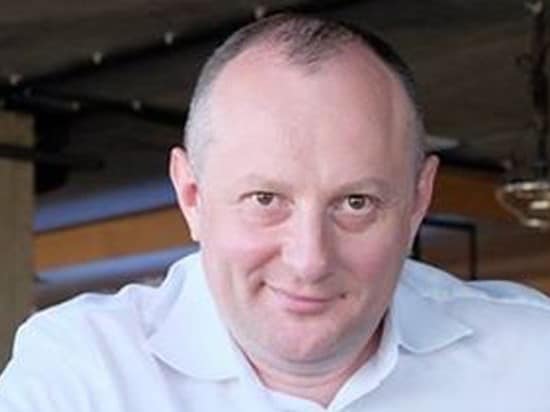
Mikhail Rostovsky (Source: Mk.ru)


